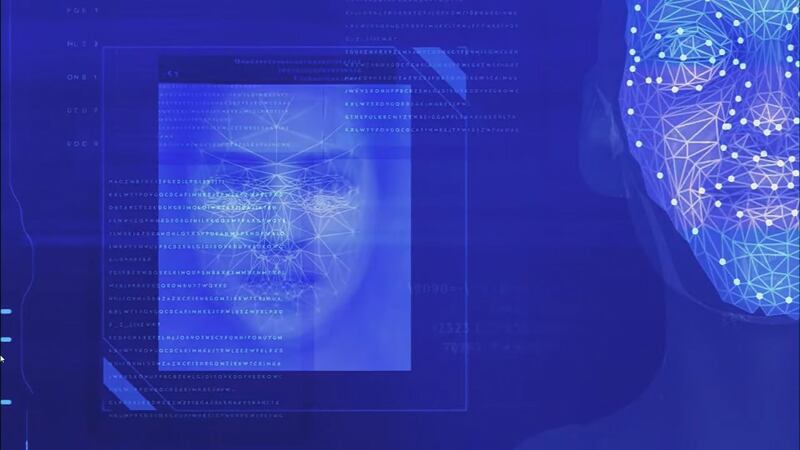It’s one of the more sinister financial crimes. It’s called synthetic fraud and puts a different spin on identity theft.
It’s so bad, that some financial institutions are struggling to deal with it. KIRO 7 spoke with someone at the Identity Theft Resource Center to find out more about synthetic fraud and why it’s a fast-growing area for scams.
It can all start with just a text or email on your phone — those convincing messages trying to make you fork over your data.
Normally, scammers take your info and pretend to be you, but what if they took just one thing and made a whole new fake person — that’s the notion behind synthetic fraud.
According to the Identity Theft Resource Center (ITRC) and the Federal Trade Commission, in a synthetic fraud or synthetic ID theft scheme, a criminal takes real data, like Social Security numbers and manufactures an identity so they can get past credit monitoring firms that normally focus on real people.
They take data from a real person and combine it with some fake info to make a new false identity. For instance, a real Social Security number would be combined with false names, birth dates, addresses, email and phone numbers to create a new fake person; theoretically, AI could help with that.
President and CEO of the ITRC, Eva Velasquez, says in many cases Social Security numbers for children or the homeless are used to create such fake IDs.
“All child ID theft is synthetic ID theft because they may be using a child’s Social Security number, so it’s the true number that belongs to that child, but they have to change the other info. They at least have to change the date of birth so it’s someone over the age of 18, so they can actually engage in financial transactions,” said Velasquez.
In some cases, a fraudster can start to create a synthetic persona by stealing someone’s Social Security number or buying a stolen number on the dark web, then commit financial crimes.
It’s also hard to detect since it is just part of your real private info; the rest is fake so credit monitoring, fraud alerts or credit freezes may not help in many cases.
©2023 Cox Media Group








